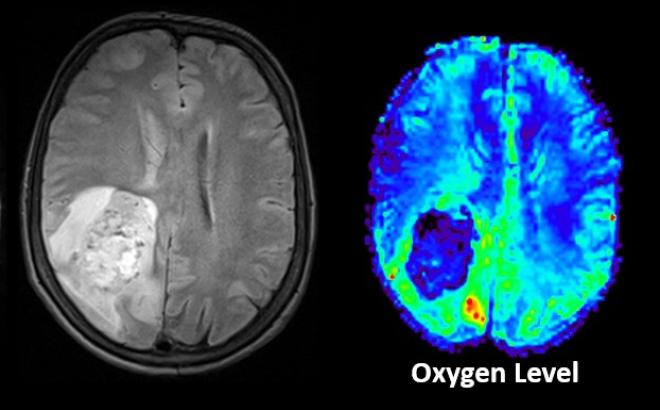"Hangry": Link between hunger pangs and emotions confirmed in field study
Daily feelings of hunger can be linked to negative emotionality. This is what researchers at the Karl Landsteiner University of Health Sciences (KL) found in a study that was recently published in the renowned scientific journal PLOS ONE. The experience-sampling project with student participation on "hangry", the simultaneous occurrence of feelings of hunger and negative emotions, was conducted together with Anglia Ruskin University, UK. The special feature: an app developed at KL made this research possible in the "field", i.e. in the everyday life of the participants.

The colloquial term "hangry" refers to the hypothesis that people feel anger under certain conditions when they are hungry. So far, however, only a few studies have directly determined the extent to which there is actually a connection between hunger and negative emotions. In order to scientifically investigate this theory and collect empirical data, Univ. Prof. Dr. Stefan Stieger, PD, Head of the Department of Psychological Methodology at the Karl Landsteiner University of Health Sciences (KL), and colleagues investigated this question. The basis for this was the "ESMira" app developed at the private university. Prof. Stieger explains in detail: "The app is a tool for the scientific implementation of long-term studies, in which communication with participants and data collection is completely anonymous. Studies can be easily created centrally and participants can use either iOS, Android or the browser. We developed this software to integrate our research questions and participation directly into people's everyday lives. That is also the special feature of this design. The longer time period also allows us to identify causal relationships." Especially with this topic, the perception threshold is a problem, says Stieger: "People rarely remember individual aspects of their hunger feeling and any emotions about it at the end of the day. Therefore, questionnaires were sent out via the app shortly before the main meals."
The results at a glanceSixty-four participants from central Europe took part in the study for 21 days, during which they reported on their hunger, anger, irritability, happiness and arousal at five time points per day. The results show that higher levels of self-identified feelings of hunger were associated with higher levels of anger, irritability and unpleasure. These results remained significant even after accounting for the participants' gender, age, body mass index, and eating habits. "So we found that everyday feelings of hunger can indeed be associated with negative emotionality. The study may have important implications for understanding everyday emotional experiences and may also help practitioners to more effectively manage productive individual behaviour and interpersonal relationships. Although our findings do not suggest ways to mitigate negative emotions triggered by hunger, existing research suggests that the ability to name an emotion by putting feelings into words (e.g. "anger") can help individuals regulate these emotions." This "affect labelling" could, in turn, help reduce the likelihood that hunger will lead to negative emotions and behaviours, Prof Stieger said.Originalpublication:Hangry in the field: An experience sampling study on the impact of hunger on anger, irritability and affectViren Swami, Samantha Hochstöger, Erik Kargl and Stefan Stieger Link to OpenAcess and the publication:https://journals.plos.org/plosone/article?id=10.1371/journal.pone.0269629




